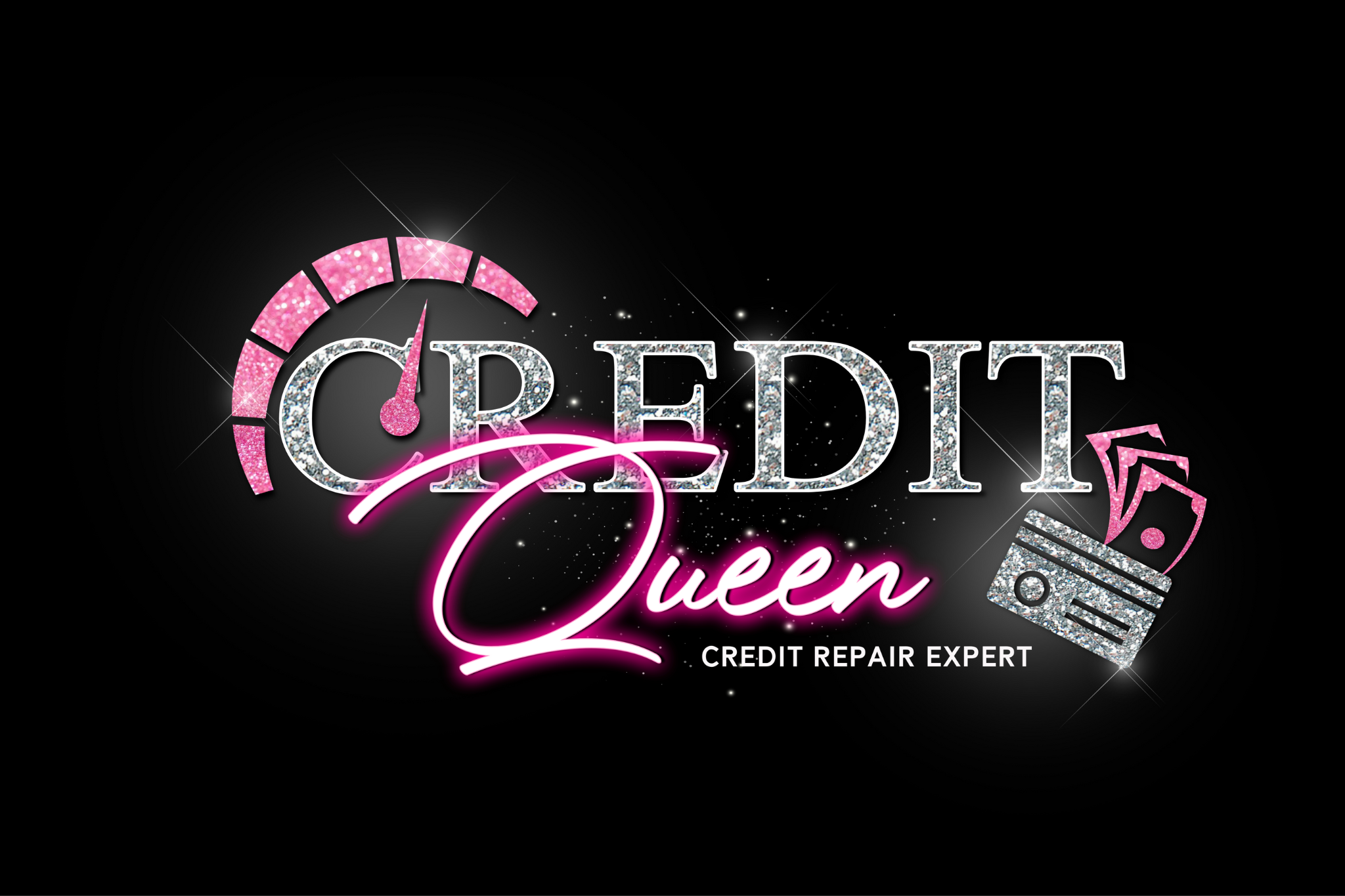Let’s talk credit scores, shall we?
So, your credit scores are determined by these fancy models that analyze your credit report and then give you a score. Think of it like a grade for your creditworthiness.
The scores usually range from 300 to 850, with higher being better.
What are the primary credit scoring models?
There are two main scoring models, FICO and VantageScore, and they both look for clues about whether you’re likely to miss a payment or not. Basically, they want to see if you’re responsible or not.
And here’s the kicker: the higher your score, the lower the chance of you missing a payment.
Makes sense, right?
What are the factors that determine your credit score?
The factors that determine your credit scores vary depending on the model and the credit report being used. It’s like a secret formula or something.
But don’t worry, I’ll spill the beans and give you the scoop.
Payment History
First up, we have your payment history. This is a biggie. They look at things like whether you pay your bills on time or not.
Pro tip: paying on time is always a good idea if you want good scores.
A word about late payments
Late payments, on the other hand, can really tank your scores. And if you go ahead and file for bankruptcy, well, that’s a big blow to your creditworthiness.
Amounts owed
Next, we have amounts owed. This is like a balancing act. They look at how much you owe on loans and how many accounts you have with balances.
But the real key player here is your credit utilization ratio. It’s basically a fancy way of saying how much credit you’re using compared to how much you have available.
Keep it low, like under 30%, and your scores will thank you.
Length of credit history
And just a heads up, we have the length of your credit history. This is all about how long you’ve been using credit. The longer, the better.
They look at the age of your oldest account, newest account, and the average age of all your accounts. Just remember, there’s no substitute for time when it comes to building credit history.
Okay, listen up! We know that when it comes to your credit score, recent credit activity isn’t the be-all and end-all.
What really happens when you apply for new credit?
But let’s talk about what actually happens when you apply for and open a new account aka new credit.
When you submit an application, you might trigger a hard inquiry. It’s like a credit review badge that shows someone looked at your credit to make a lending decision.
Now, these inquiries can actually lower your credit score because they make lenders think you’re a riskier borrower.
Hold up! Don’t panic just yet. Credit scoring models are pretty smart. They know that when you’re shopping around for a loan, you’re not necessarily planning to take out a bunch of them.
So they “deduplicate” multiple hard inquiries that happen within a certain time frame (usually 14 to 45 days). In other words, they count them as a single inquiry, not a bunch of them. How cool is that?
Opening a new account
Now, let’s move on to opening a new account. Sure, it can impact your credit score in a few ways. It might lower the average age of your accounts, which could slightly hurt your score.
But listen up! It’s not all bad news.
Opening a new account also increases your available credit and gives you a chance to make on-time payments.
And that can actually help your score improve over time. So it’s like a double-edged sword, but with some potential benefits.
Types of credit
Oh, and don’t forget about the types of credit accounts you have.
Credit scoring models like to see that you can handle different types of accounts, like revolving (hello, credit cards) and installment (think loans).
Having a mix of accounts can actually boost your scores. Who knew?
Here’s the thing: your credit scores are always based on an analysis of one of your credit reports. So they don’t update at specific intervals.
They get created whenever you, or someone else, checks your credit report.
And guess what?
New info can be added to your report at any time, which means your score can change. So keep your eyes peeled for any updates.
Take note…
Last but not least, different credit bureaus might give you different scores. It’s not uncommon for there to be differences between your credit reports.
Even if you’re looking at the same report at the exact same time, different scoring models could come up with different scores. It’s like a never-ending surprise party!
Conclusion
Alright, now you know the nitty-gritty of how your credit scores are determined. So go out there, be responsible with your credit, and watch those scores soar!
So there you have it. New credit can be a bit of a wild ride, but now you’re armed with the knowledge to navigate it like a pro. Good luck out there!













